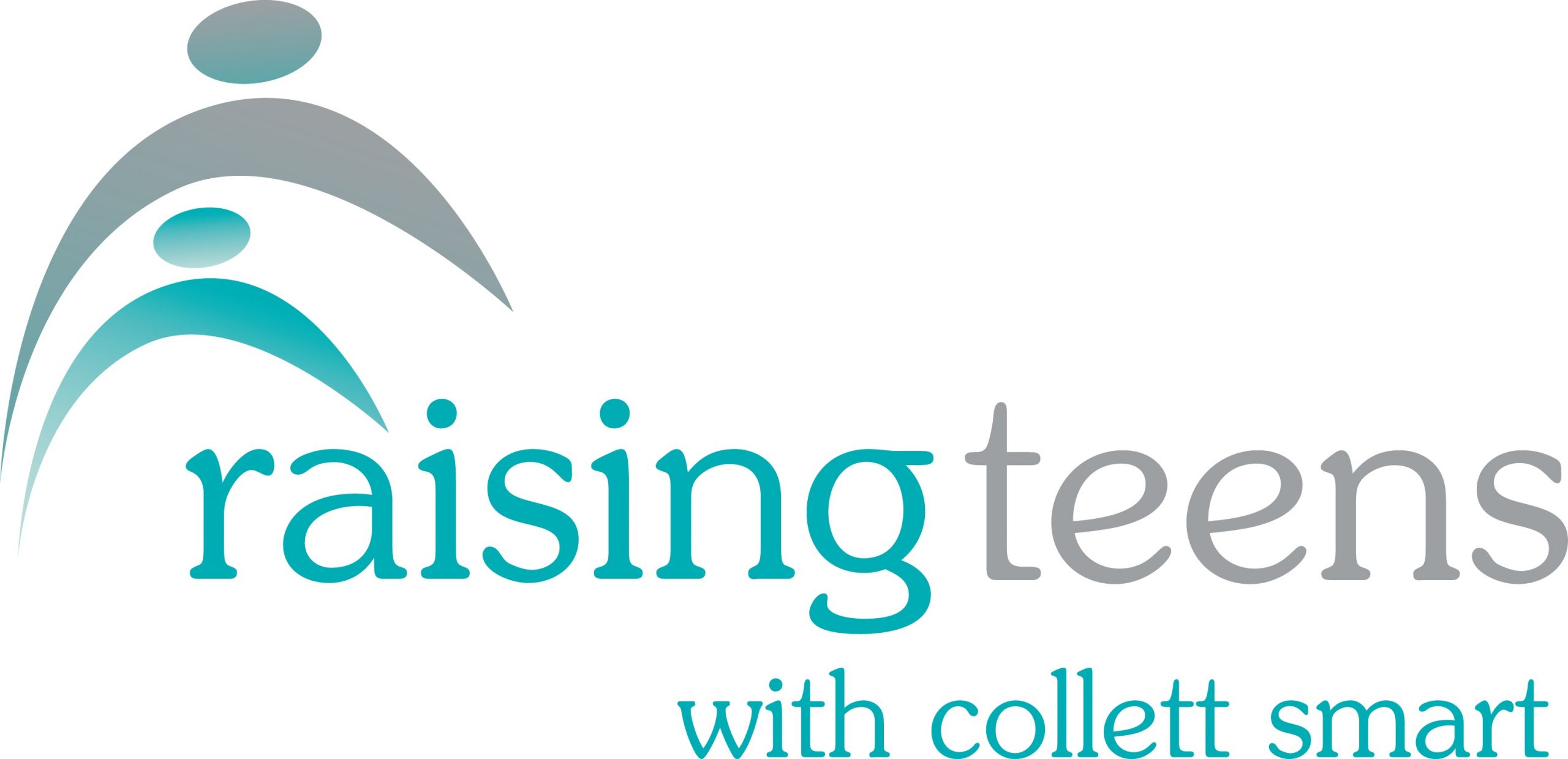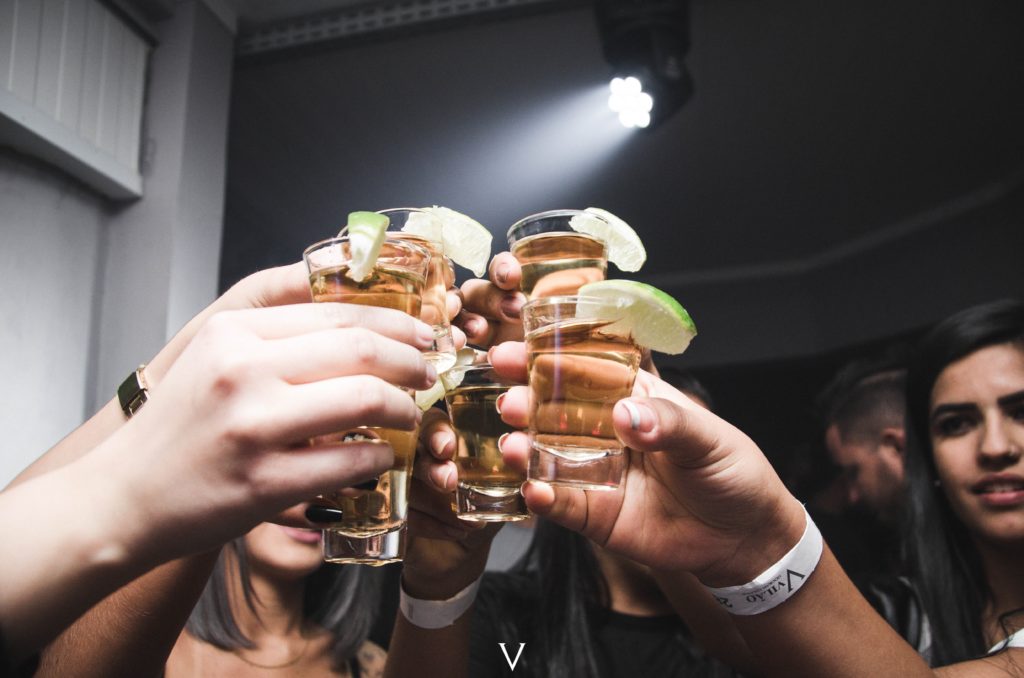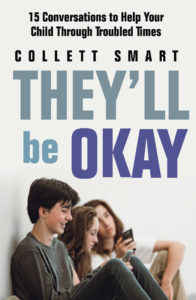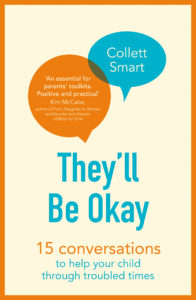Parties and Alcohol – Do parents have any influence on teens?
Festivities can be so much fun, and parties provide opportunities for socialising and a little freedom for older teens. It is wonderful to be young! Encouragingly, it has been reported that teens today are making better choices with alcohol than previous generations. Yet I am often asked, “How much influence do parents have on teens, parties and alcohol consumption?”
A number of studies, in Australia, the US and the UK show more teens choosing not to drink, regardless of gender or socio- economic background. There are still some concerns in the UK where although teens appear to be drinking less than in the past. They are still getting drunk more often and consuming larger quantities of alcohol than many (but no all) of their European peers (see here and here.)
The effects of alcohol and binge drinking
Overall, although fewer teens are choosing to drink, among those who do, they are binge drinking at dangerous levels. With parties come late nights. The resulting tiredness can also alter the ability to make healthy decisions, particularly when alcohol is added to the mix. Given the detrimental effects of alcohol on the developing brain and the numbing fog that comes with consuming alcohol, we need to continue to warn young people about its dangers. Alcohol lowers inhibitions, which can make it more likely for teenagers to make risky decisions. Half of sexual victimisation incidents involve alcohol. We still see far too many acts of abuse and harassment occur during alcohol- soaked gatherings. One of my go-to experts on teen drug and alcohol education is Paul Dillon, the founder of DARTA (Drug and Alcohol Research and Training Australia). Paul wrote this excerpt for my book on teens, parties and alcohol,
“Certainly I believe that this is a generation that really wants to look after others, most particularly their friends.
Girls are more likely to ask for information on how to look after their friends, particularly when they are drunk. But in my experience boys are just as likely to assist in an emergency and are more likely to do it by themselves. Girls tend to operate in ‘packs’ and as a result, no one necessarily takes the lead and that’s where things can go wrong.
Unfortunately, young men’s attitudes toward alcohol are a reflection of what we see in the general community. Even though they truely care about themselves and their friends, when alcohol is added to the equation, their value system can change and their attitudes, particularly toward young women who like to drink, can be frightening.”
Given these detrimental effects, we need to continue to support teens in this area.
Teens, Parties and Alcohol
What difference do parents make on alcohol consumption?
A factor we now understand is that parents are one of the main suppliers of alcohol to young teen drinkers. It comes from the mistaken belief that providing their younger teenager with alcohol will help their child to drink ‘more responsibly’. It is wrongly assumed that because they ‘under supervision’ teens will then make better drinking choices when going out. This actually has the opposite effect. These teens tend to drink higher quantities of alcohol when out. I am also constantly surprised by the amount of times I hear about parents hosting a party and offering to purchase alcohol, on behalf of their teen’s peers. FARE – the Foundation for Alcohol Research & Education’s research found that, Australians continue to break the law and supply alcohol to underage drinkers. In the belief that there is little risk of detection or punishment.
“In Australia, almost 60 per cent of alcohol consumed by 12 to 17 year olds is supplied by adult friends, relatives or strangers, despite the fact that the provision of alcohol to young people under the age of 18 by someone other than their parent or guardian is in fact illegal in most Australian jurisdictions.”
The great news?
One of the game changers for the afore mentioned changes in teens alcohol consumption appears to be the reduction in parent supply. (See reports here and here). Many parents have also become aware of the risks of alcohol on the developing brain.
In Conversation
-
Modelling The place to start is by modelling healthy choices with alcohol ourselves. Openly talk about our family values and thoughts on underage drinking.
-
High school parties If your child is in high school (particularly around Year/Grade 9 in high school – 14 years old), it is a good time to start with discussions about alcohol at parties. Ask what they think they might do if offered a drink.
-
‘Safe outs’ Telling teens to ‘Just say no’ is very difficult for many to do in reality. Help them come up with scripts they could say, and come up with safe ‘outs’ for when they are in situations where drinking is involved. For example, they could make an excuse about having sport or work the next day and needing a clear head. Feign illness, hold the same drink all night, or volunteer to be the designated driver.
-
Code words It can be helpful for teenagers to have a “code” they can use with their parents. To be used use in a text or call, if they feel like things are getting out of hand. A word or emoji code that means, “Come and get me now, I need to be picked up”. This is something we’ve been talking to my own teens about for a long time. It gives teens a way to save face, so that if they feel like they need to leave they can do so.
-
Peer pressure Is and always has been a major factor in teens’ choices around alcohol. Positive peer pressure works too. So when teens hear about the negative effects of alcohol on their health and relationships, and that their generation is making better choices than ever with alcohol, they can (and do) make more informed decisions.
-
Share your own story I tell teens about the time I was offered alcohol at a party when I was 14. The alcohol was bought and supplied by the parent, who often wanted to be seen as ‘the cool mum’. The power imbalance was enormous in having an adult encourage the young girls to drink. I spent the party walking around with the same can in my hand, pretending I had just picked up a new one. During the course of the night I slowly disposed of the contents into the indoor pot plants. Ideas and stories help teens think of creative ways to stick with their values, but also not feel embarrassed. They help teens realise they are not alone in choosing not to drink.
-
Remain firm but kind Stick with your boundary and remind yourself that this isn’t just an arbitrary rule. This is a safety and development boundary, which you are carrying out because you love your teen – not because you are trying to spoil their fun. Yet, remain kind and courteous in your reminder of this alcohol and parties rule. If your teen attempts to negotiate, state the facts, briefly remind them why the boundary is in place and then politely remove yourself from the situation if it is becoming heated.
Parties in your home: The Role Of Parents
Parties are an area where parents often feel that they have to back off and let teenagers have freedom. This is not the case! If you are hosting a party in your home, it’s important to stay visible and present. It is neither acceptable to play the role of BFF and turn a blind eye, nor for your teen to say to you “stay out of sight”. Besides the fact that it’s your home, having a group of under aged young people under your roof becomes a duty of care issue. There are usually many other parents expecting a responsible adult to be in charge and supervising. Sitting up in your room is not supervising. Too many young people are put at risk of peer pressure and sexual pressure when there is not supervision in place. Of course, ‘stalking’ is not helpful, but there are lots of creative and non-invasive ways that parents can maintain a presence amongst the teens. Perhaps, cook the barbecue, be in and out clearing cups and plates, fill up chip bowls, do the dishes in the kitchen, change a light bulb 😉 .
Dropping Off At A Party
If you are dropping off your young teenager at party or ‘gathering’, don’t be afraid to go and meet the hosts. This is especially true if you don’t know them. If your teen is embarrassed, perhaps let them go in first and then come along quietly behind. (Not in secret – so still being upfront with your teen, but letting them know you will wait until they have gone in). Forming a relationship with other parents goes a long way towards making sure that we extend our village and look out for each other’s teens.
Last thoughts
It is important that both parents, whether together or not, are on the same page in this area. This may take some compromising and discussion, but you need to remember your child’s safety is paramount!
Please support or encourage a parent, by sharing this article with them.

‘Wellbeing with Collett’: Teenage Drinking.






 My name is Collett Smart. I am a psychologist, qualified teacher, speaker, podcaster and internationally published author, with more than 25 years experience working in private and public schools, as well as in private practice. I am married and have 3 children aged aged 22, 20 and 14 years-old.
Welcome to Raising Teens!
My name is Collett Smart. I am a psychologist, qualified teacher, speaker, podcaster and internationally published author, with more than 25 years experience working in private and public schools, as well as in private practice. I am married and have 3 children aged aged 22, 20 and 14 years-old.
Welcome to Raising Teens!